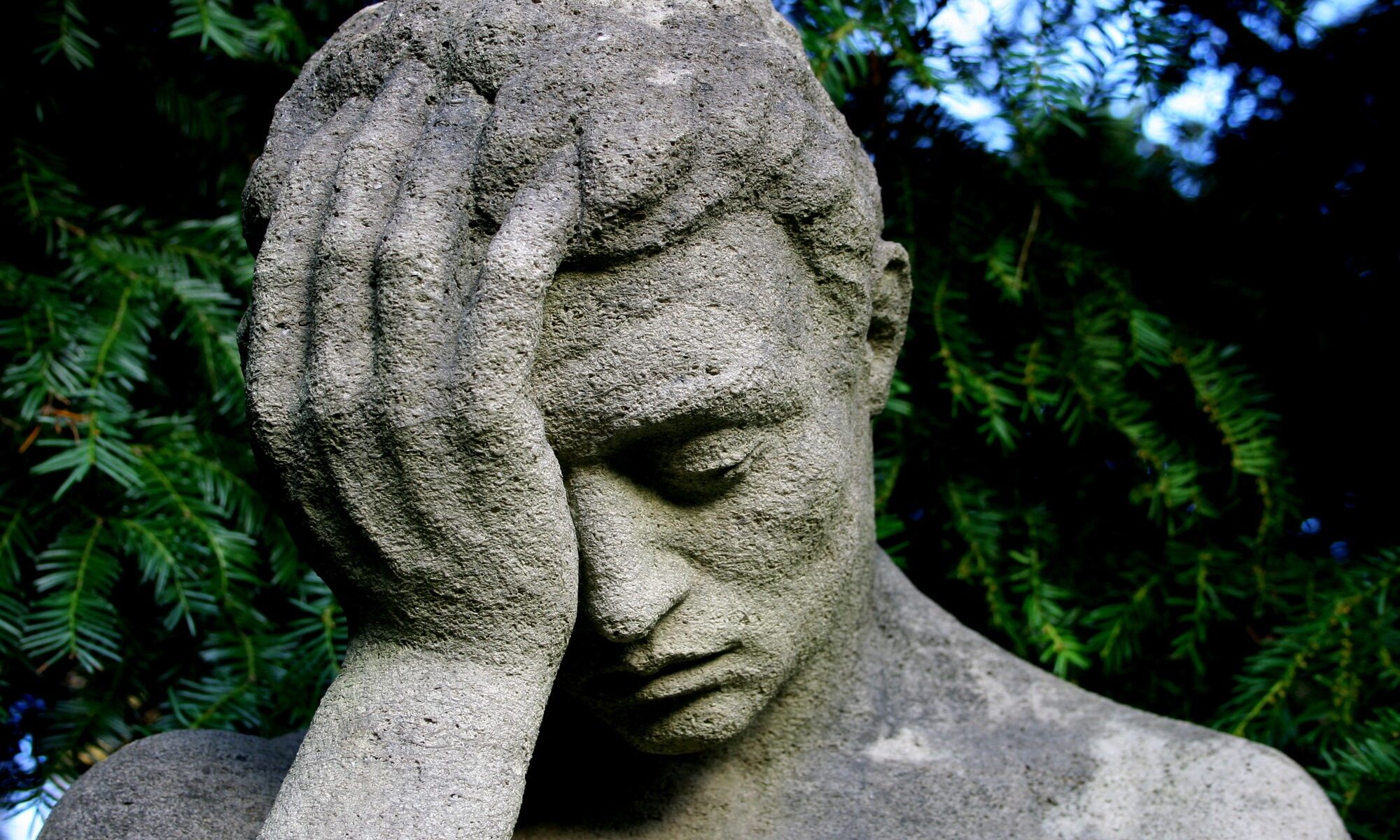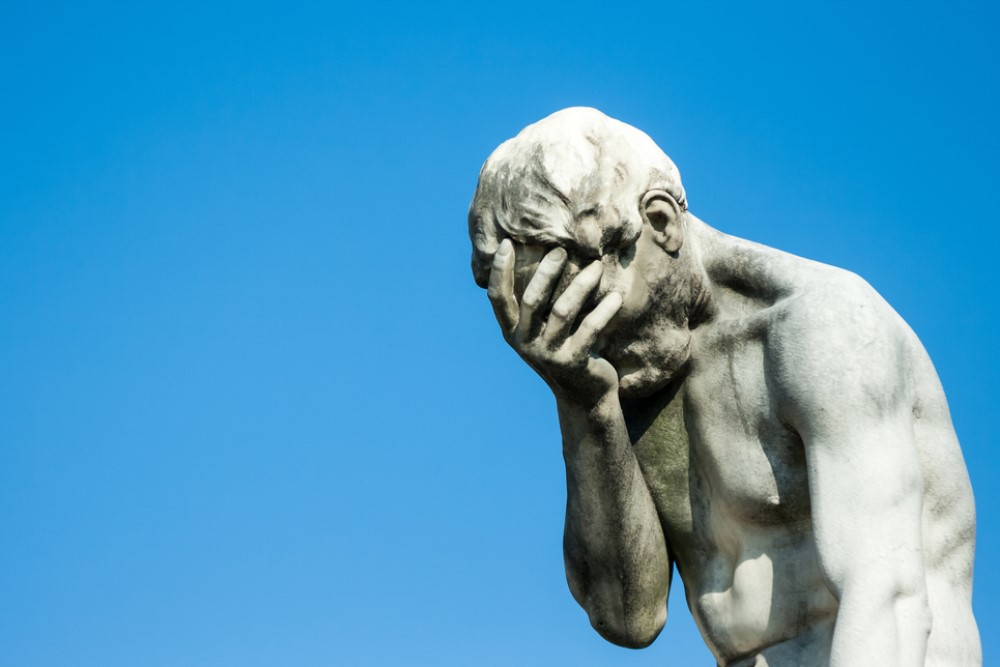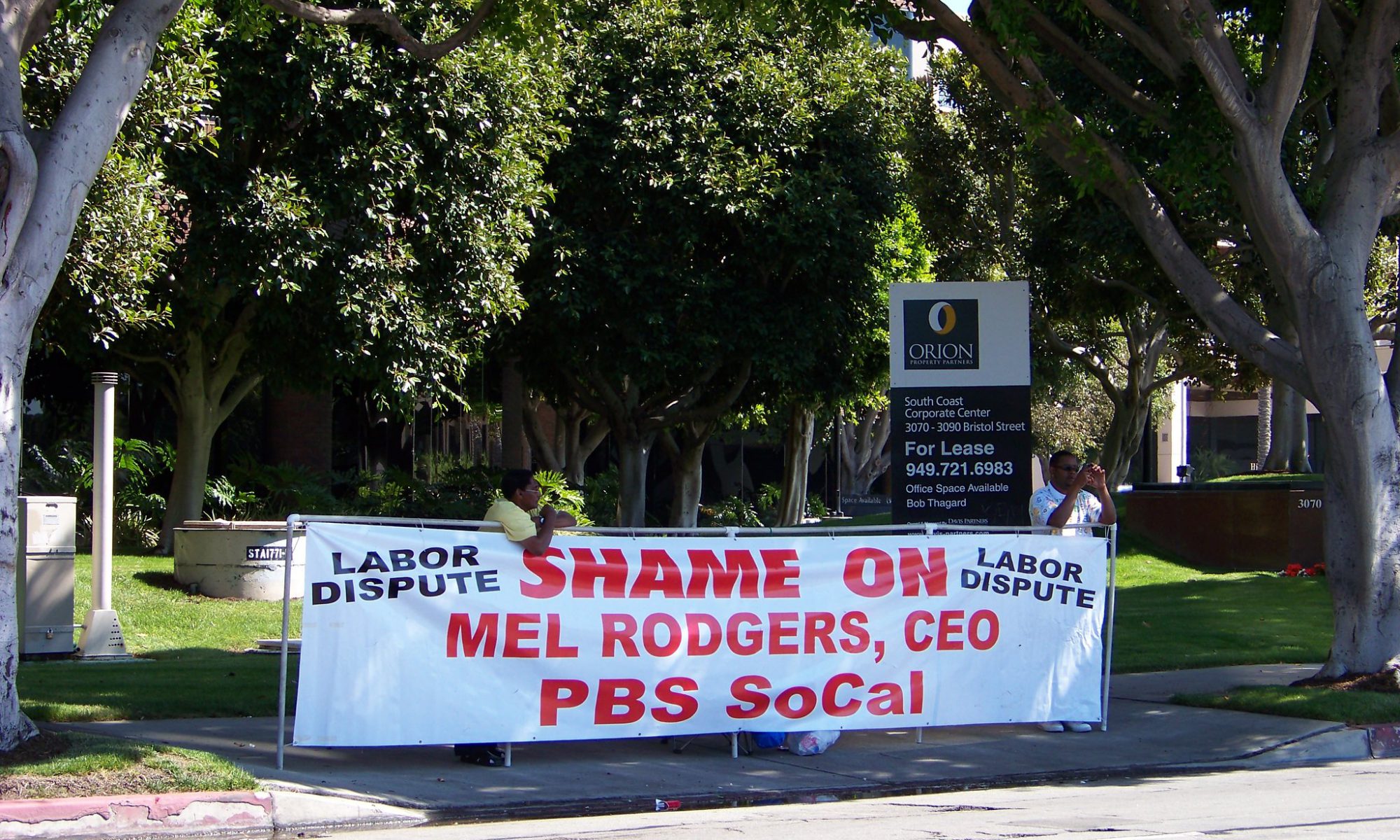I don’t use AI often, but when I do it’s usually to make dumb pictures to share with friends and coworkers. While it’s amusing to see what AI programs come up with, I also realize that they cause harm in terms of the skyrocketing amount of energy they require to operate, not to mention the unlicensed use of artists’ work that is required to train their models. While a single person using AI to generate a small number of images is a drop in the bucket when it comes to the harms AI programs create, at the end of the day it’s hard to deny that I’m still doing something a little bit wrong when I use them.
Creating dumb AI-generated images is thus a guilty pleasure for me. Some guilty pleasures are ones that we end up feeling so guilty about that we stop doing them altogether. But for others, we are left in an awkward moral gray zone, where we realize that what we’re doing is a bit bad, but we keep doing it anyway. In these cases, we might feel the need to offset the small harms we cause by doing something good to compensate.
But can we offset the harms caused by our guilty pleasures? And if we can, do we have to?
Let’s categorize guilty pleasures into two types. One type of guilty pleasure involves doing something that might feel like a waste of time when you could have done something more worthwhile, like watching trashy true crime or reality TV. When it comes to these guilty pleasures, we might eventually feel guilty enough that we think we should stop and do something more productive, but not because we are necessarily doing anything wrong by engaging with them. Call these harmless guilty pleasures.
The other kind of guilty pleasure is one that does cause some amount of harm which we then feel guilty for causing, like me with my use of AI image-generators. Call these harmful guilty pleasures. Harmful guilty pleasures are not hard to find. For example: many people have mixed feelings about the Harry Potter TV show. Many fans are excited to return to one of their favorite franchises, but also feel conflicted, given that Harry Potter creator JK Rowling has caused significant harm to the trans community (and seemingly has every intention to continue doing so). It seems likely that many people will watch the Harry Potter show but feel guilty about doing so, given that their consumption of the content indirectly supports a harmful cause.
It’s these harmful guilty pleasures that we might feel we need to offset. What might it look like to offset a harm? Something similar that might come to mind are carbon offsets: programs where people or corporations can purchase “carbon credits” that go towards endeavors meant to help heal the environment. While the efficacy of carbon credits is up for debate, the idea is that harm to the environment can be offset by doing something equivalently good for the environment.
But how is moral offsetting supposed to work, exactly? We can think about it in two ways. First, we might think that when we do something to offset a moral harm, we neutralize it, so that it’s not actually harmful anymore. For example, if I donate to an environmental charity every time I use AI we might think that my AI use stops being harmful, or if someone were to donate to the Trevor Project their watching Harry Potter would no longer be harmful. If moral offsetting works like this then I no longer have to feel guilty about my guilty pleasure because, by offsetting it, I’m no longer doing anything wrong.
It’s a bit strange, though, to think about moral offsetting as something that makes harms no longer harmful. After all, the original thing that made me feel guilty doesn’t seem like it’s now just a morally neutral act, it still seems like it’s something bad that I should try to address. So maybe offsetting a moral harm doesn’t make my act any less bad, it just makes me less bad: I may have done something a bit wrong, but then I did something a bit good, so my moral character comes out in the wash.
If this is how moral offsetting works then I can at least assuage the guilt I feel for my harmful guilty pleasures by creating an equivalent or greater amount of good in the world. Of course, the appropriate calculations for various acts will depend on the situation. It will also be up for debate about which acts can be morally offset. Since guilty pleasures only involve a small amount of harm they may be offset; however, it seems that egregious harms likely can’t be offset. For example, if someone enjoys orphanage arson it seems unlikely that there is anything they could do to get their moral character back in the black.
There are other questions we can ask about offsetting our guilty pleasures. We might worry about what someone’s intentions are when they engage in moral offsetting: for example, if your motivation for doing something good is merely to feel less bad, should we count that in favor of your moral character? And, of course, we can argue about which acts are guilty pleasures and which are just straight-up bad things to do. There will also be gray areas. For example, while some people might consider eating meat to be a guilty pleasure, others might consider the harms done to animals to be egregious enough to say that it’s now just a bad thing (while others will find no reason to feel guilty about it at all, even though maybe they should).
But let’s say that it’s at least conceptually possible to offset some of our guilty pleasures. Do we have to?
Of course, we cause numerous other small harms in our everyday lives, be they harms to the environment from driving, harms to animals from our eating habits, or any number of other harms we may cause to our fellow human beings by supporting businesses that mistreat their workers. There are difficult arguments around our relationship with these harms and what we are obligated to do about them.
When it comes to guilty pleasures, however, the case is perhaps the strongest that we ought to offset them, given that they are strictly speaking unnecessary. I don’t need to make dumb AI-generated images, after all, and it seems very unlikely that anyone really needs to watch any Harry Potter media, so there is perhaps really no good reason to think that we shouldn’t try to do something to compensate the harms we contribute to.
This is not to say that we should completely avoid all our guilty pleasures. It does seem, though, that small joys that cause or contribute to harms are ones for which we should try to make amends.






